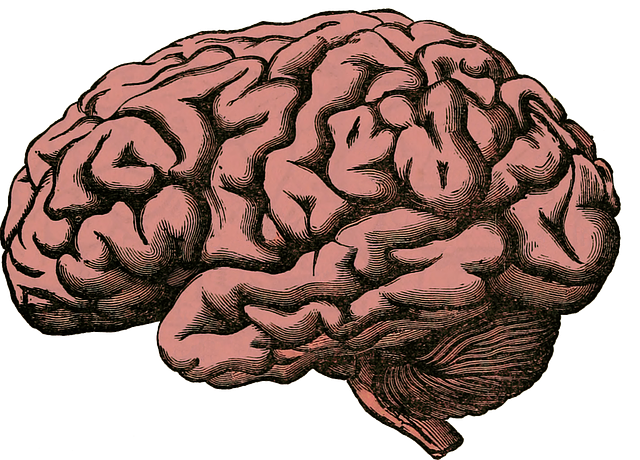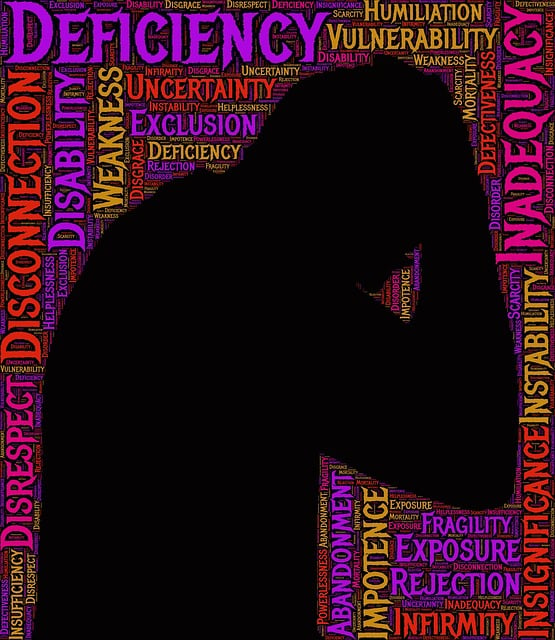In Colorado Springs, the high demand for specialized drug abuse-substance abuse therapy reflects complex trauma dynamics within the community. Comprehensive support services integrating individual therapy, group support, stress reduction, and social skills training are empowering individuals to overcome trauma, heal from mental health challenges, and break cycles of abuse. Cultural sensitivity, tailored services, evidence-based therapies, and holistic approaches contribute to long-term recovery. Addressing accessibility barriers and diverse cultural needs through integrated services, like mobile counseling and wellness journaling, is crucial for effective outcomes in Colorado Springs Drug Abuse-Substance Abuse Therapy. Continuous evaluation using both quantitative and qualitative methods ensures service refinement and enhanced care quality.
In Colorado Springs, trauma support services are crucial for addressing the profound impact of traumatic experiences on individuals and communities. This article delves into the growing need for specialized drug abuse-substance abuse therapy in the region. We explore key components of effective trauma support programs, challenges in providing care within a community setting, and strategies for continuous improvement. By understanding the unique needs of Colorado Springs residents, we can enhance access to life-changing trauma therapy.
- Understanding Trauma and Its Impact on Individuals and Communities in Colorado Springs
- Identifying the Need for Specialized Drug Abuse-Substance Abuse Therapy Services
- Key Components of Effective Trauma Support Programs
- Overcoming Challenges in Providing Trauma Therapy in a Community Setting
- Measuring Success and Ensuring Continuous Improvement in Trauma Support Services
Understanding Trauma and Its Impact on Individuals and Communities in Colorado Springs

In Colorado Springs, understanding trauma goes beyond individual experience to its profound impact on communities. Trauma, often stemming from events like abuse, neglect, violence, or natural disasters, can have lasting effects on mental and physical health. The prevalence of drug abuse and substance abuse therapy in Colorado Springs highlights the deep-seated nature of these issues, reflecting a complex interplay between personal trauma and societal factors. Recognizing the interconnection between mental health awareness, stress reduction methods, and social skills training is crucial in addressing the root causes of trauma.
Communities in Colorado Springs are increasingly acknowledging the need for comprehensive support services to heal from trauma. Effective interventions involve not only individual therapy but also group support networks that foster a sense of belonging and understanding. By integrating various stress reduction methods and social skills training, trauma support services can empower individuals to rebuild their lives, reconnect with their communities, and break cycles of abuse and addiction.
Identifying the Need for Specialized Drug Abuse-Substance Abuse Therapy Services

In Colorado Springs, the need for specialized drug abuse-substance abuse therapy services is starkly evident, given the unique challenges faced by individuals navigating addiction in a rapidly evolving society. Beyond traditional treatment modalities, there’s a growing recognition of the importance of integrating emotional intelligence into mental health education programs design. This approach addresses not just the symptoms but also the underlying causes, fostering a more holistic healing process.
Cultural sensitivity in mental healthcare practice is another critical aspect. Recognizing and respecting diverse cultural backgrounds and beliefs can significantly enhance treatment effectiveness. By tailoring services to meet these specific needs, Colorado Springs can ensure that its drug abuse-substance abuse therapy programs not only provide immediate relief but also contribute to long-term recovery, promoting a healthier, more resilient community.
Key Components of Effective Trauma Support Programs

Effective trauma support programs are multifaceted, tailored to address the complex needs of individuals who have experienced traumatic events. Key components include a safe and supportive environment where clients feel comfortable expressing their feelings and sharing their stories without fear of judgment. This fosters inner strength development as participants learn to navigate and process their emotions in a healthy manner.
Incorporating evidence-based therapeutic approaches, such as Cognitive Behavioral Therapy (CBT) or Eye Movement Desensitization and Reprocessing (EMDR), is crucial for helping clients heal from underlying mental illness and reduce the stigma associated with seeking help. Additionally, these programs often emphasize holistic care, integrating activities that promote physical wellness alongside traditional Colorado Springs drug abuse-substance abuse therapy. By nurturing both mind and body, such initiatives contribute to the overall mental wellness of participants, enabling them to reclaim their lives after trauma.
Overcoming Challenges in Providing Trauma Therapy in a Community Setting

Providing trauma therapy in a community setting presents unique challenges. One significant hurdle is ensuring accessibility for individuals who may face barriers to care, such as transportation issues or stigma surrounding mental health treatment. Colorado Springs, known for its diverse and vibrant community, must address these obstacles to offer effective support. Integrating services like mobile counseling units and community outreach programs can help overcome geographical and social challenges, making therapy more inclusive.
Additionally, tailoring therapeutic approaches to suit the unique cultural context of Colorado Springs is essential. The city’s diversity requires a nuanced understanding of different ethnic backgrounds, socioeconomic statuses, and personal experiences. Adopting Mind Over Matter principles, which emphasize the power of mental transformation, can foster resilience building within the community. Encouraging mental wellness journaling exercises provides individuals with a private space to process trauma and track their progress, enhancing overall recovery outcomes.
Measuring Success and Ensuring Continuous Improvement in Trauma Support Services

Measuring success and driving continuous improvement are vital components of ensuring effective trauma support services. Organizations providing Colorado Springs drug abuse-substance abuse therapy and related services should adopt a multifaceted approach to evaluation, combining quantitative data with qualitative insights. Tracking key performance indicators (KPIs) such as client satisfaction scores, treatment retention rates, and relapse prevention outcomes can provide a robust foundation for understanding program effectiveness.
Additionally, integrating feedback from both clients and therapists through surveys, focus groups, and regular check-ins allows for a deeper exploration of the self-esteem improvement and burnout prevention aspects critical to trauma support services. By seamlessly blending data-driven analysis with human-centric feedback mechanisms, service providers can continuously refine their approaches, adapt to evolving client needs, and ultimately enhance the overall quality of care offered in Colorado Springs.
In Colorado Springs, addressing trauma and its far-reaching effects on individuals and communities is a complex yet vital task. The article has highlighted the growing need for specialized drug abuse-substance abuse therapy services tailored to trauma survivors. By implementing effective trauma support programs that incorporate evidence-based practices, community partnerships, and continuous quality improvement, Colorado Springs can enhance healing and resilience. Overcoming challenges through cultural sensitivity, access to resources, and provider training ensures that essential trauma therapy becomes accessible to all those in need. With sustained efforts and a commitment to measuring success, the city can revolutionize support services, fostering a more resilient and thriving community.














